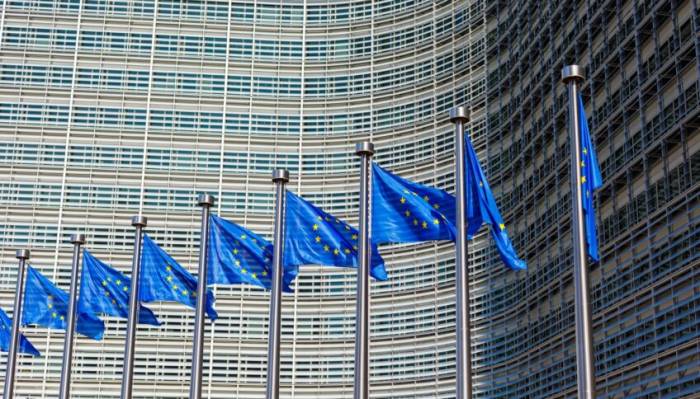EU Exports to Trade Partners Grow at Twice the Rate, Agri-Food Shipments Hit €235 Billion Record
New report highlights how expanding trade agreements boost resilience, offset sanctions impact, and drive growth in key sectors across Europe
2025-11-04

The European Union’s extensive network of trade agreements is helping its businesses find new export markets and reduce economic dependence in a challenging geopolitical environment, according to the Fifth Annual Report on the Implementation and Enforcement of EU Trade Policy, published Monday. The report covers developments in 2024 and the first half of 2025, highlighting how these agreements are increasing the resilience and competitiveness of EU economic operators.
Data from the report show that in 2024, EU exports of goods to its 76 preferential trade partners grew at twice the rate of exports to countries without a free trade agreement—1.4% compared to 0.7%. For example, since 2017, EU exports to Canada have risen by 51%, while exports to the rest of the world increased by only 20% over the same period.
The agri-food sector has also seen significant growth. Total EU agri-food exports reached a record €235 billion in 2024, up 2.8% from 2023. Exports to preferential trade partners accounted for €138 billion, growing by 3.6%, compared to a 1.6% increase with non-preferential partners.
The report notes that these trade agreements are not only boosting export growth but also supporting diversification and stability in supply chains. Exports to key partners such as Mexico, Norway, Switzerland, and the United Kingdom helped offset declines in sales of vehicles, vehicle parts, and electrical machinery caused by EU sanctions against Russia. At the same time, increased imports of gas and liquefied natural gas from Algeria, Kazakhstan, and Norway, as well as copper imports from Chile, helped compensate for reduced imports from Russia following sanctions.
The European Commission emphasized that removing trade barriers in third countries remains essential for EU trade growth. In 2024 alone, 44 such barriers were eliminated. Since the appointment of the Chief Trade Enforcement Officer in 2020, a total of 186 barriers have been removed.
The EU is also expanding its network of trade agreements. Last year saw two new preferential agreements come into force: a free trade agreement with New Zealand and an Economic Partnership Agreement with Kenya. This brings the total number of active EU trade agreements to 44, covering 76 preferential trading partners.
Negotiations continue with several countries. This year, the Commission concluded talks with Indonesia and proposed agreements with Mercosur and Mexico for adoption by the Council and European Parliament. Ongoing negotiations include potential deals with India, Malaysia, the Philippines, Thailand, and the United Arab Emirates.
While these developments are seen as positive for many sectors, some agricultural groups have expressed concern about proposed reforms to the EU’s Multiannual Financial Framework. They warn that changes could have significant consequences for farmers and rural communities across Europe.
The report underscores that preventing and removing trade barriers remains a priority for maintaining export growth and supply chain stability amid ongoing global uncertainties. The European Commission continues to pursue new agreements while monitoring compliance and enforcement across existing partnerships.
Founded in 2007, Vinetur® is a registered trademark of VGSC S.L. with a long history in the wine industry.
VGSC, S.L. with VAT number B70255591 is a spanish company legally registered in the Commercial Register of the city of Santiago de Compostela, with registration number: Bulletin 181, Reference 356049 in Volume 13, Page 107, Section 6, Sheet 45028, Entry 2.
Email: [email protected]
Headquarters and offices located in Vilagarcia de Arousa, Spain.